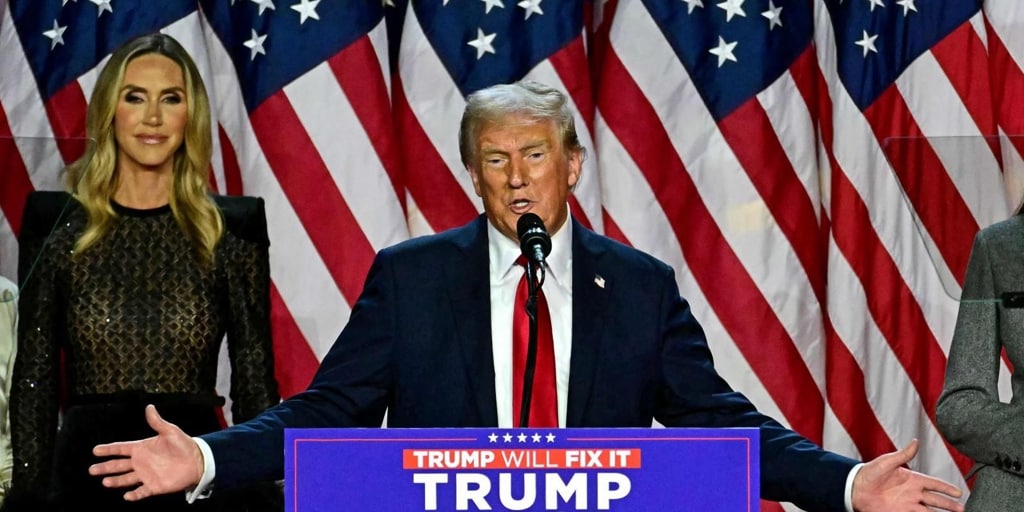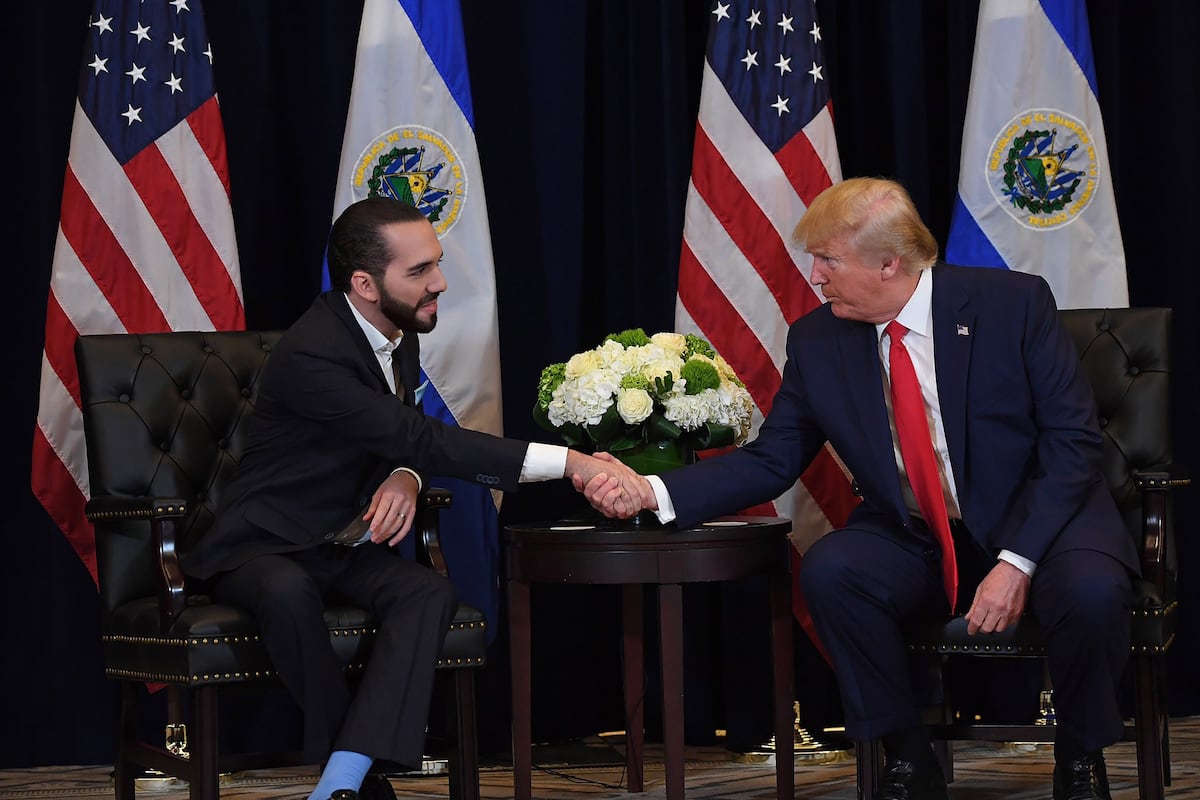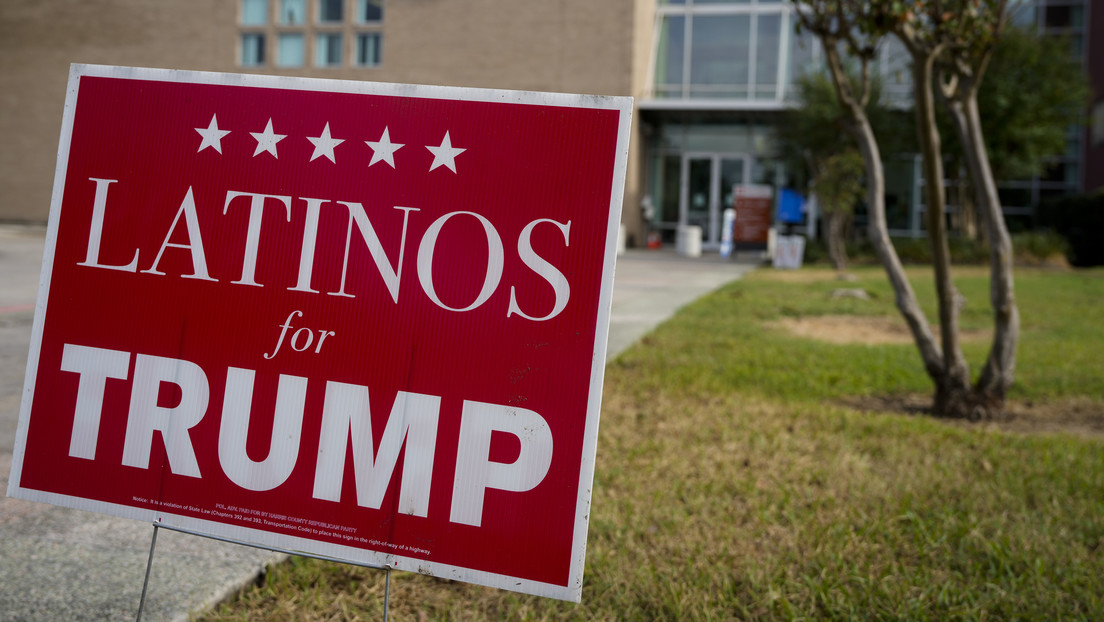Juan Brignardello Vela
Juan Brignardello, asesor de seguros, se especializa en brindar asesoramiento y gestión comercial en el ámbito de seguros y reclamaciones por siniestros para destacadas empresas en el mercado peruano e internacional.




The electoral contest in Uruguay has taken a significant turn after the first round, where only two candidates remain in the fight for the presidency: Yamandú Orsi from the Broad Front and Álvaro Delgado from the National Party. Attention now focuses on how both candidates plan to attract undecided voters and those who supported other parties that are no longer in the race. With the runoff scheduled for November 24, the country is preparing for nearly a month of intense campaigning and negotiations. Orsi and Delgado, although they represent different ideological currents, share the need to build alliances that will allow them to ensure governability in a fractured Parliament. The results of the first round reveal that the Broad Front holds an absolute majority in the Senate with 16 out of 30 senators, while in the House of Representatives, the situation is more complex, with 48 out of 99 seats distributed among several parties, complicating the formation of a clear majority. In recent interviews, Orsi has emphasized his ability to negotiate and form consensus, arguing that his experience as mayor of Canelones gives him the necessary advantage to lead the country. "The main thing is that my campaign will not be against the National Party or the Colorado Party, but in favor of a project for the country," he stated, highlighting his focus on unity and dialogue. Delgado, for his part, has adopted a discourse that also advocates for collaboration between parties, even with the Broad Front, in an attempt to attract voters seeking a more inclusive and less polarized government. His message centers on the idea that it is possible to find common ground that transcends party differences. "Not just reaching agreements, but also that the management of certain issues is not necessarily with members of the coalition," he explained, reflecting a desire to build bridges rather than walls. Experts in Uruguayan politics suggest that the contest between Orsi and Delgado may be more balanced than it appears. Ignacio Zuasnabar, director of the consultancy Equipos, points out that both candidates have reasons to feel they are in a favorable position. According to him, the election is likely to be defined by "microsegments" of voters, meaning that small changes in voting intention could have a significant impact on the final outcome. Delgado is optimistic about his ability to maintain the support of voters from the coalition that has governed for the past five years, confident that continuity will be the preferred path for many. At the same time, Orsi seeks to replicate what has been a trend in past elections: the growth in support for the Broad Front in the second round, something that has systematically occurred in previous runoffs. Both candidates must not only focus on attracting voters but also navigate a Parliament where fragmentation could hinder their agendas. The entry of parties like Sovereign Identity, which has adopted anti-system stances, adds a new layer of complexity to the legislative dynamic. Gustavo Salle, leader of this force, has made it clear that he will not support either of the traditional candidates, which could further limit cooperation options. As the date of the runoff approaches, Orsi and Delgado will intensify their campaigns, organizing a series of meetings and media interviews to reach voters. Uruguayan politics is known for its closeness between candidates and voters, and both aspirants seem willing to travel the country in search of support. The upcoming electoral stage will be crucial not only for defining who will occupy the Executive Tower but also for determining the political direction of Uruguay in the coming years. The decisions made by Orsi and Delgado, as well as their ability to connect with a divided population, will be decisive in the outcome of this contest. In a context where polarization has marked the political debate, Uruguayan voters will have the final word in what promises to be an election full of surprises.
Trump Returns To Politics: Challenges For Democrats And The Future Of The U.S.

"Divisions In Latin America After Trump's Victory In The U.S. Elections"

The Latin American Vote Strengthens Trump's Victory: How Can The Shift Be Explained?



